As the two proposed candidates for the 2024 presidential election in the US are currently aged 78 and 81, this has heightened the questions surrounding the age of politicians.
A North Dakota ballot question set to run in the summer of 2024 will decide whether there should be a political upper age limit for those wanting to run for political positions.
The Age Limit Will Be 81
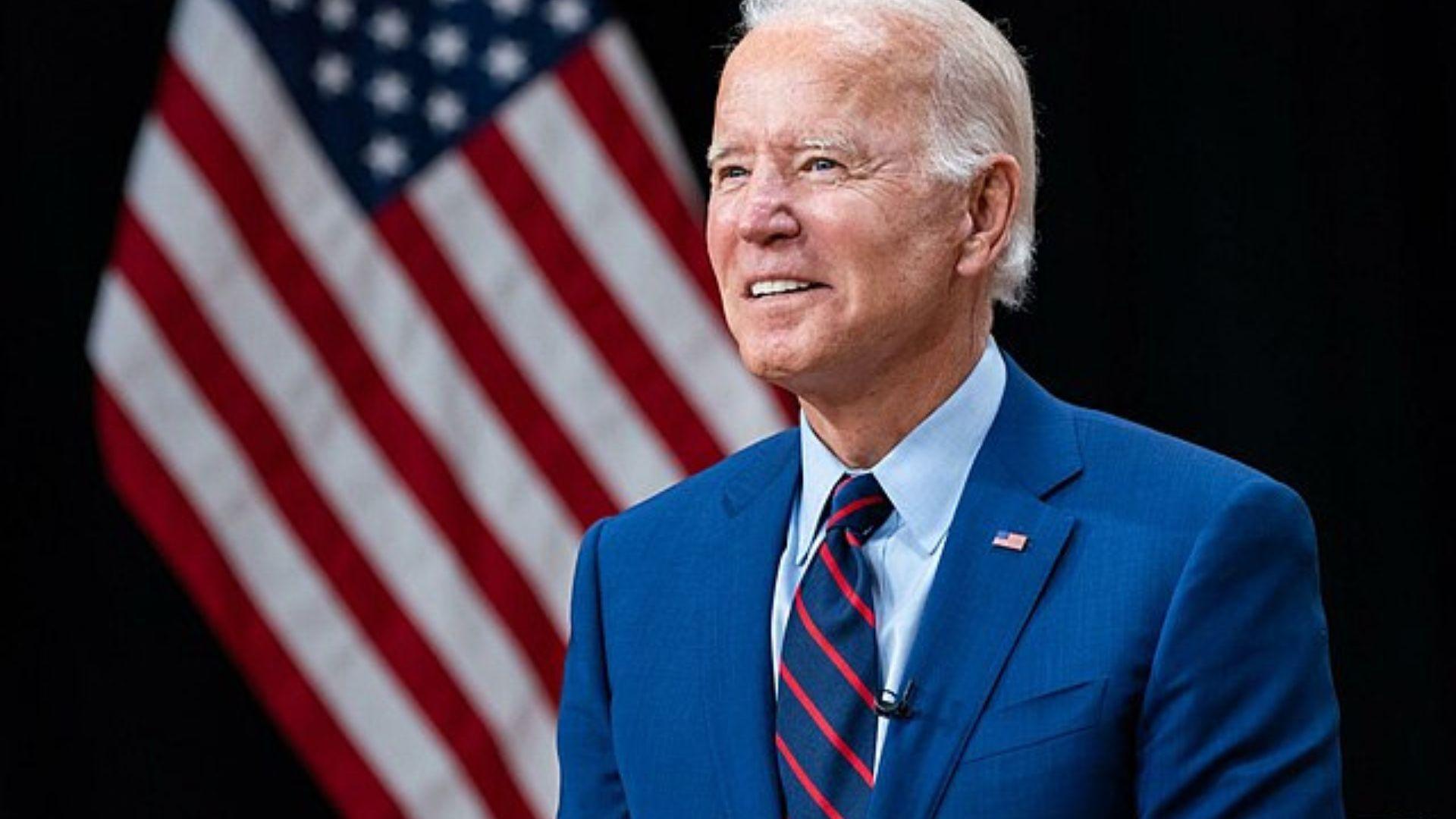
North Dakota is proposing that the upper age limit for prospective politicians will be 81, according to NPR.
This age limit will be for those planning on running for the US House of Representatives or Senate if they will be turning 81 before the last three days of their turn.
There Are Already Lower Age Limits for Holding Office
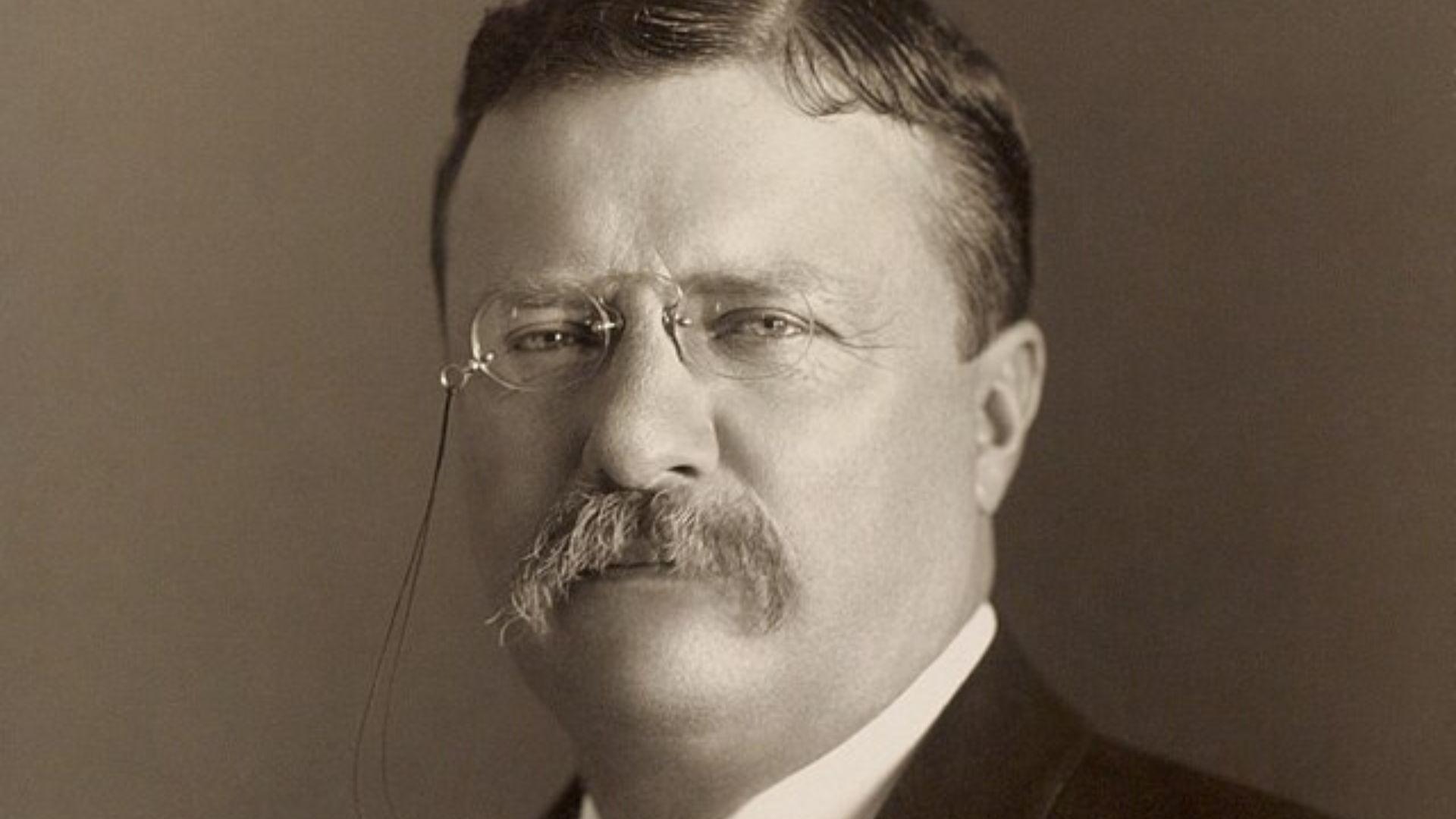
One point many people are making is that while there is currently no upper age limit on holding office, there are lower age limits.
A person must be 35 years old to become president, 30 years old to serve in the Senate, and 25 years old to serve in the House of Representatives.
Mandatory Retirement Is in Place in Other Industries
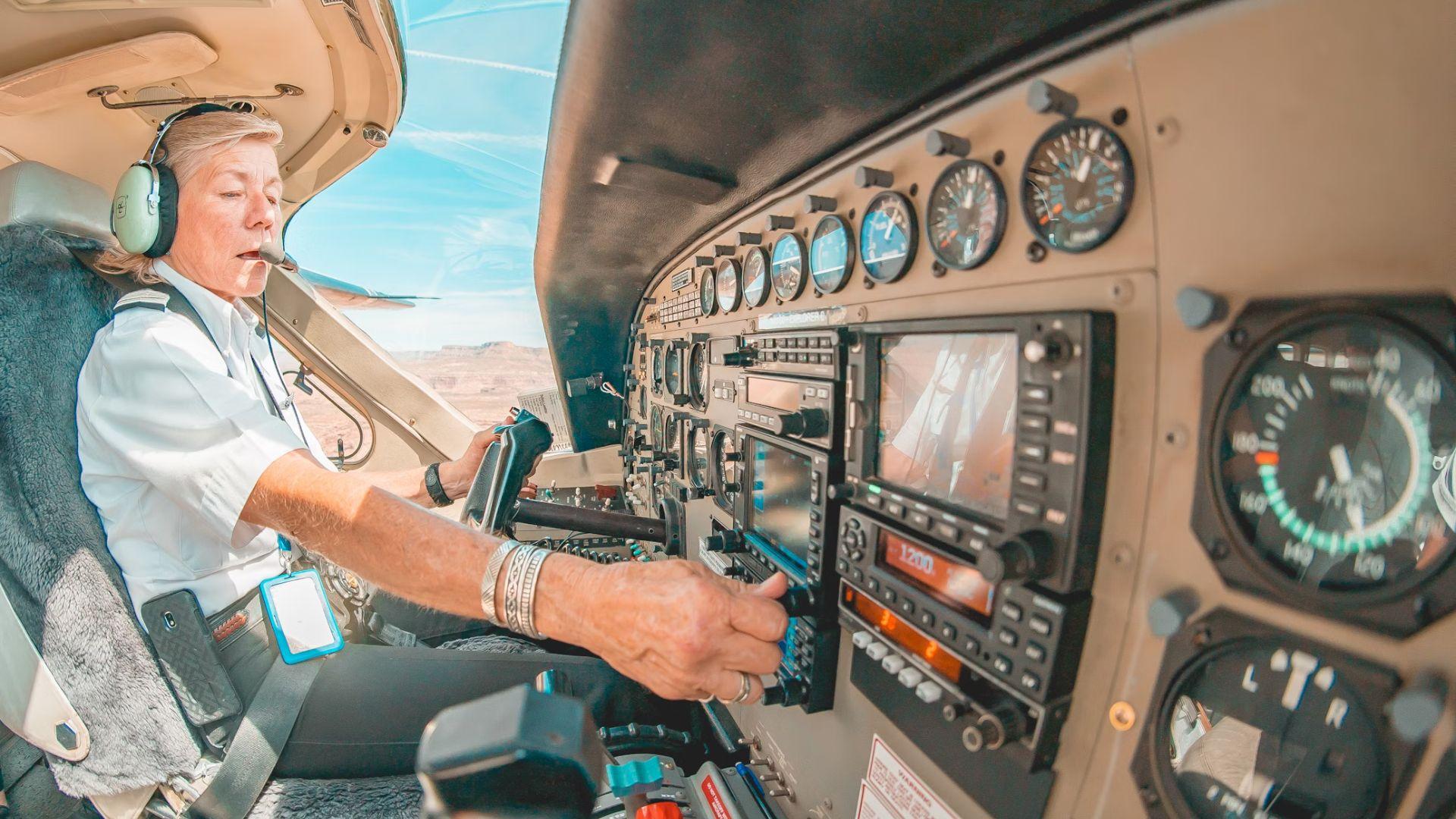
Politics wouldn’t be the only industry to have a mandatory retirement age in place, as other industries also have mandatory retirement ages.
For example, air traffic controllers, airplane pilots, and roles within the military all have various mandatory retirement ages.
Some Are Saying This Is Age Discrimination
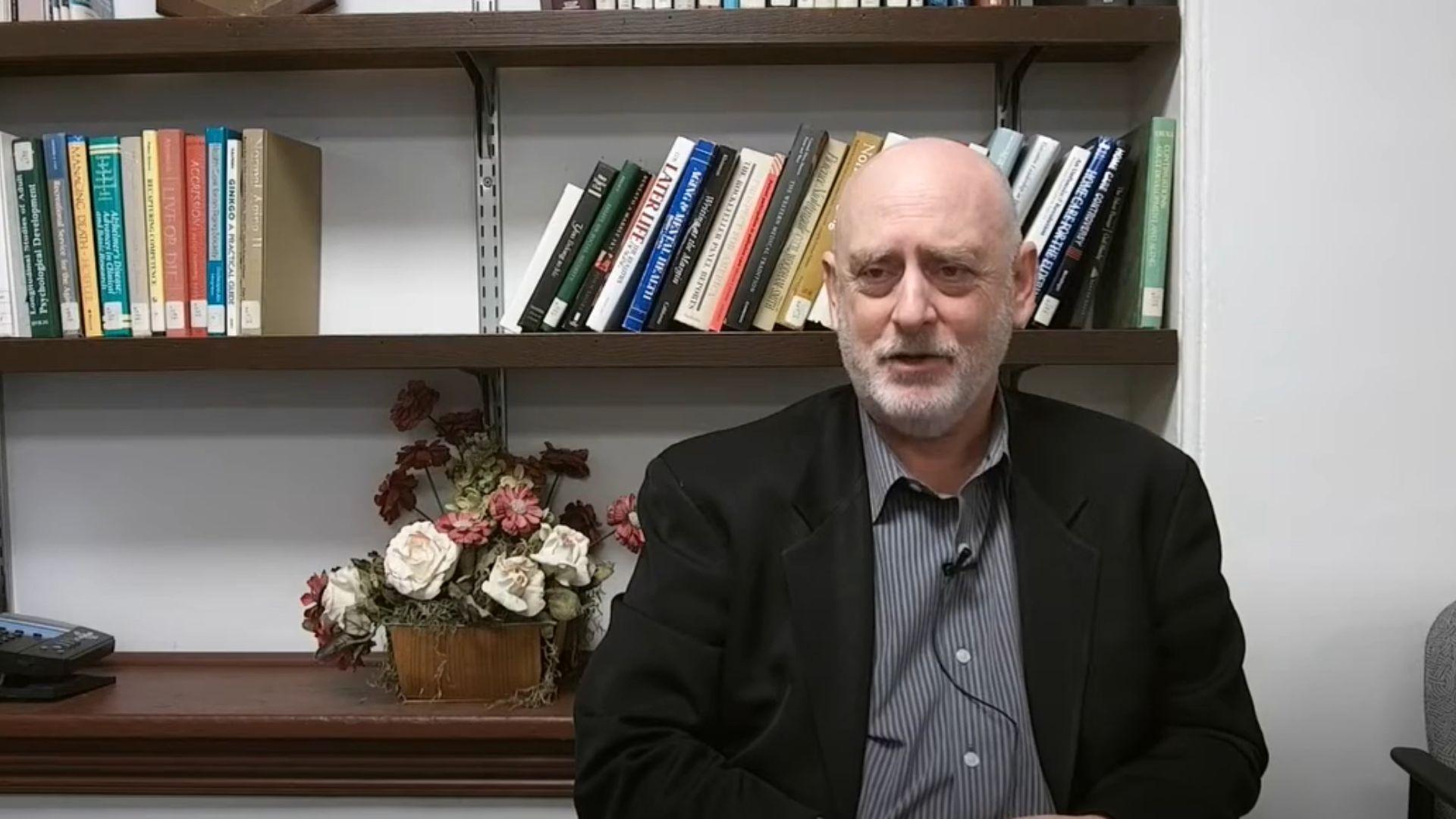
Despite the lower age limits for politicians, some are saying that imposing an upper age limit would be age discrimination.
NPR reported that S Jay Olshansky said that while he understands the older you get, the more risks there are of things going wrong, he doesn’t get how you can set an exact age at which politicians would have to retire. “It’s just simply age discrimination,” he stated.
One Senator Died While in Office
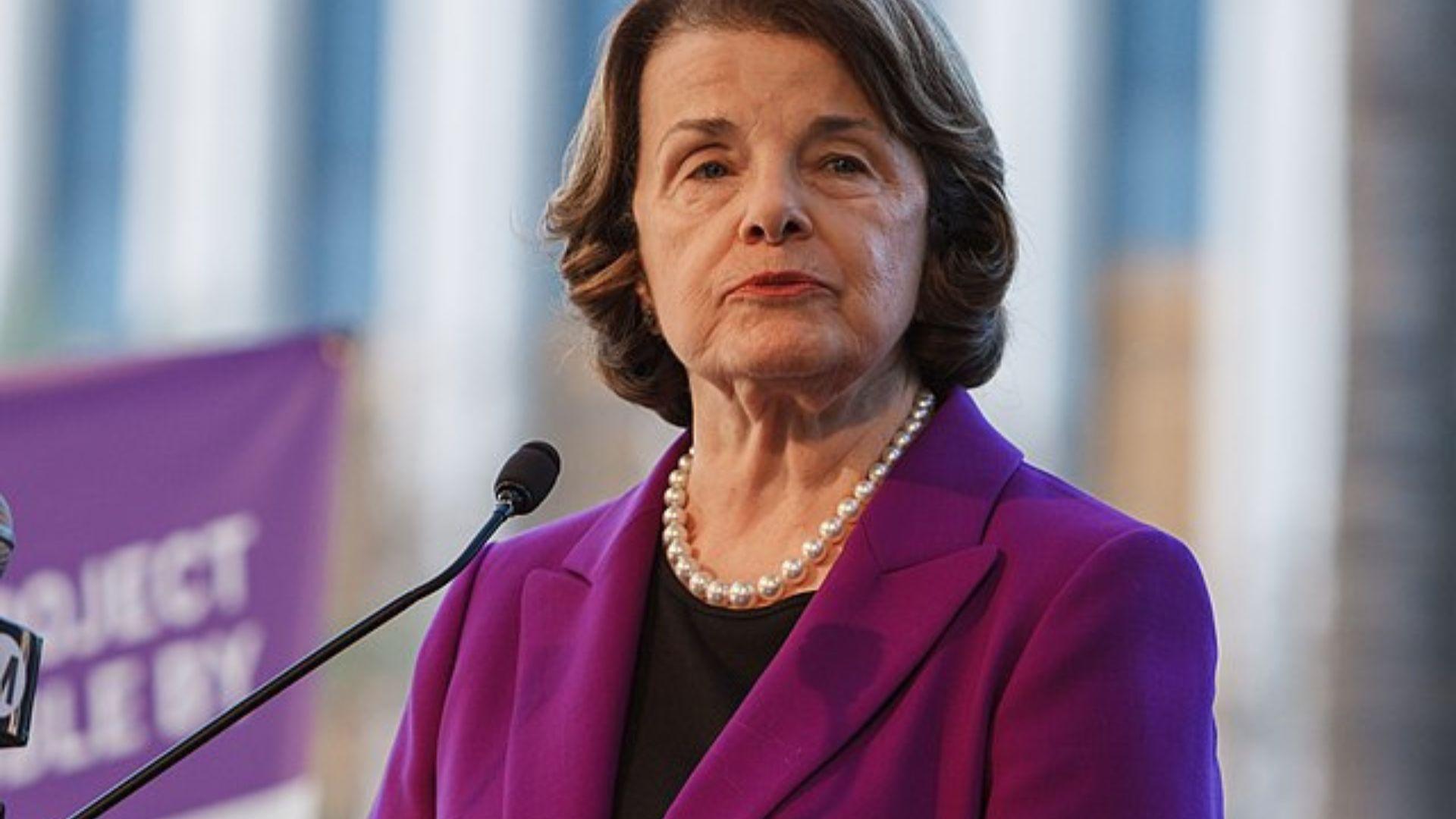
Senator Dianne Feinstein was aged 90 when she died and was still in office at that point.
Feinstein first came into the US Senate in 1992 and had been serving for over 30 years, being in her sixties when she first started.
Most Americans Are in Favor of an Upper Age Limit
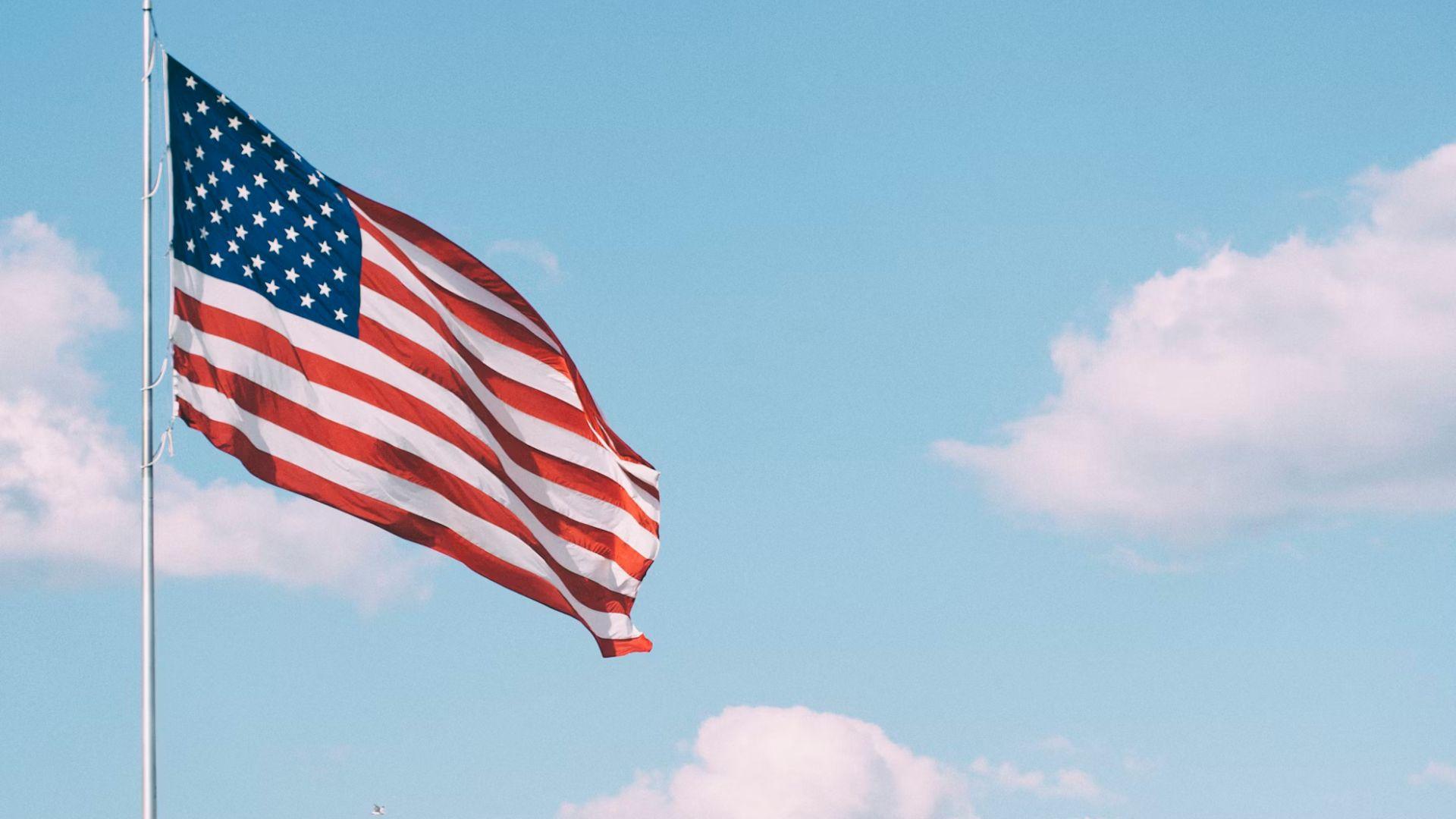
A poll run by Pew Research Center discovered that the majority of Americans are in favor of an upper age limit being placed on politicians.
A total of 79% of Americans were in favor of upper age limits for those serving in Washington D.C., and 74% were in favor of upper age limits in the Senate.
Performance Is More of a Concern Than Experience
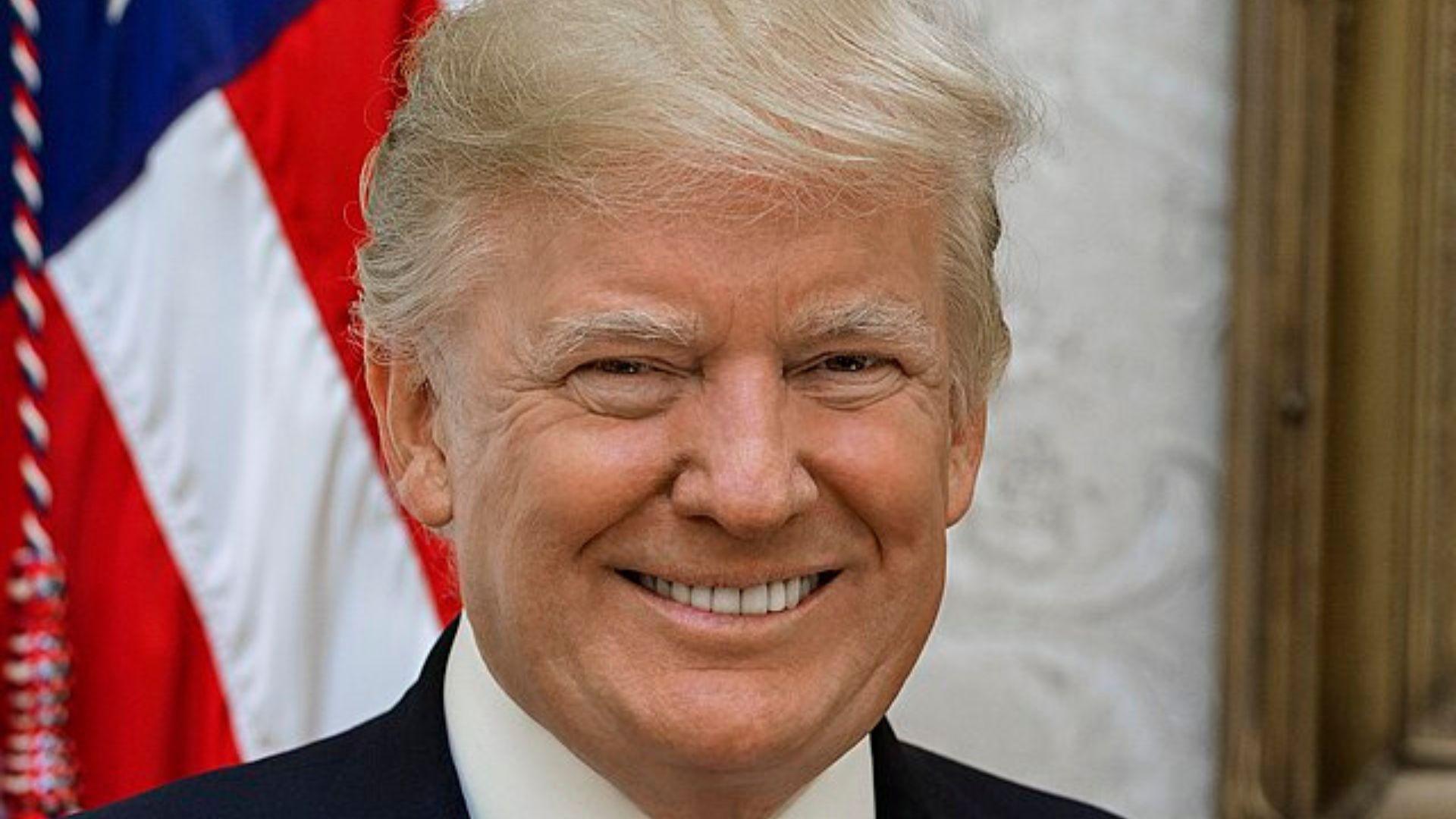
While an older politician might hold more experience than someone younger, this doesn’t always mean they are right for the job.
CBS News ran a poll with YouGov and found that most Americans believe that politicians over the age of 75 are more likely to be out of touch with what most of the public wants. They’re also concerned about an older politician’s ability to do the job well.
A Change in the Constitution Would Have to Be Made
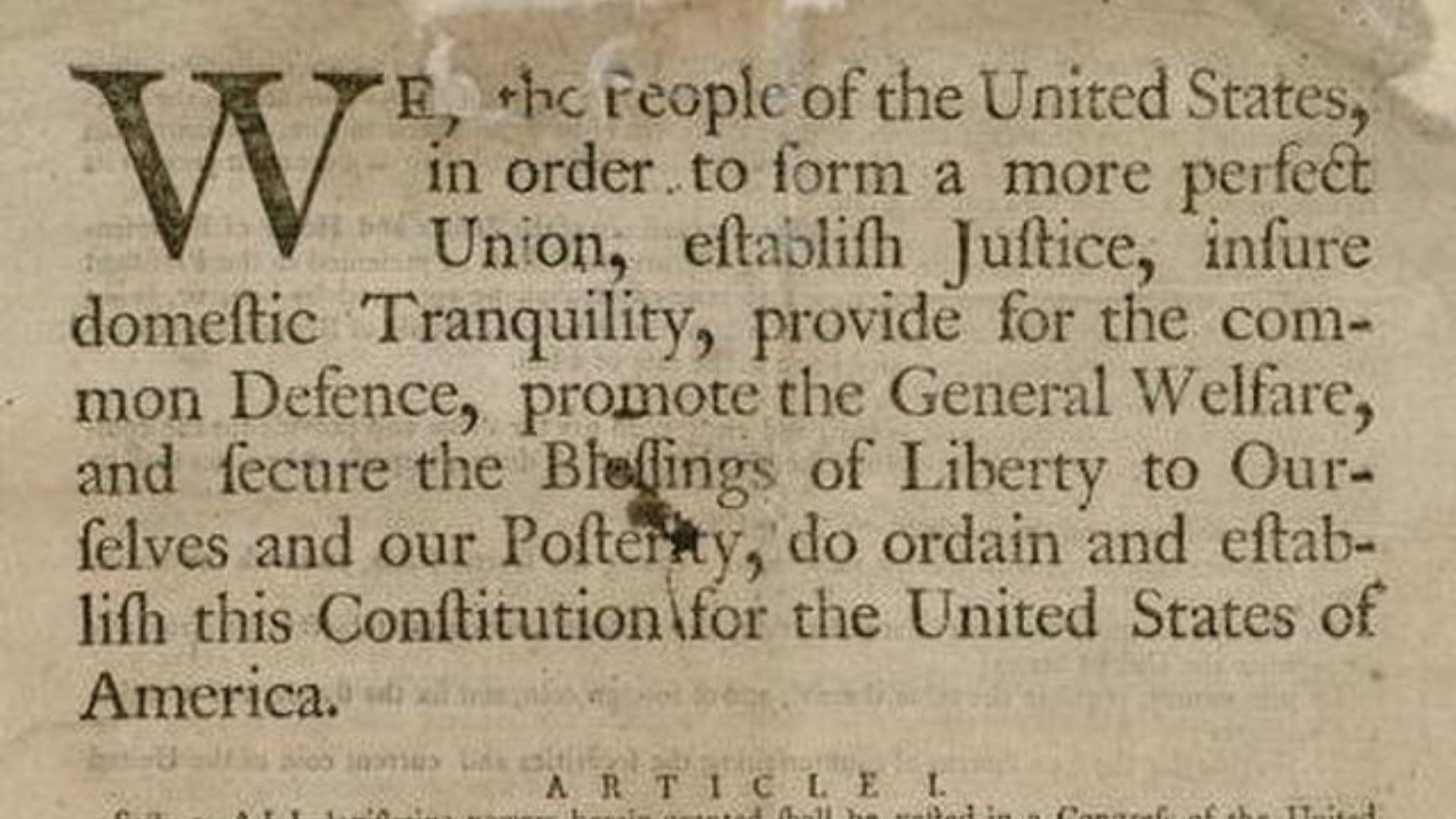
One issue with creating an upper age limit for politicians would be placing a change in the Constitution.
Two-thirds of US states would have to request this change. However, most proposed amendments to the Constitution rarely end up happening.
Americans Would Prefer a President in Their 50’s
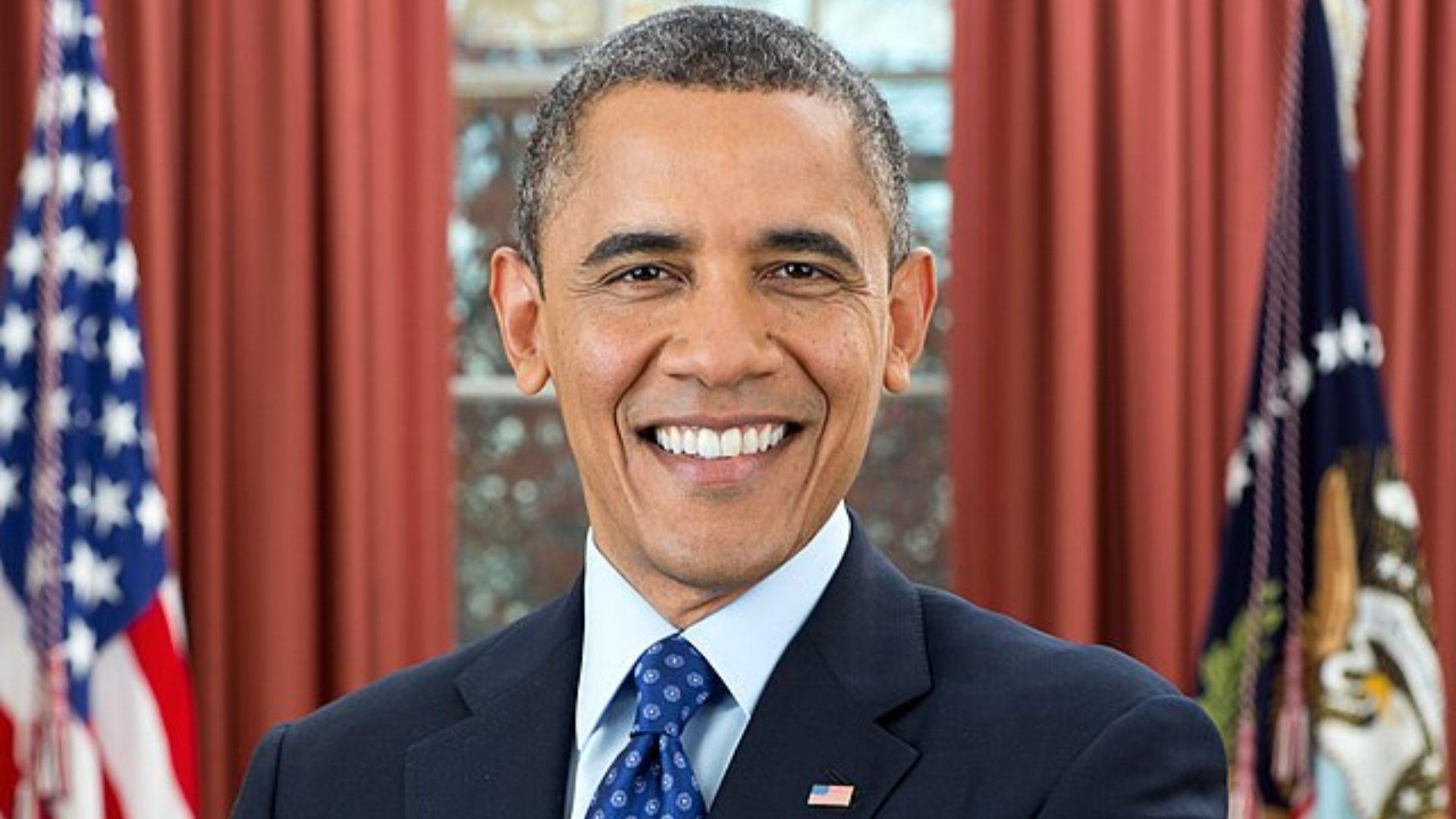
Pew Research Center carried out a study where they asked Americans from the age of 18 up to 70 and over what their preferred age for a president would be.
Almost every age group said they would prefer a president in their 50s, with some of the runner-ups being presidents in their 40s and 60s. Hardly anyone in any age group said they would like a president in their 30s or aged 70 and over.
North Dakota Will Vote Based on a Petition

The Dickinson Press reported on a petition that was created to allow the public to vote on having an upper age limit for politicians.
The North Dakota Secretary of State Office accepted 32,370 signatures from the petition, as 9,700 had been ruled invalid. Since there is a required threshold of 31,146, this means they will move to a vote.
A Person’s Age Doesn’t Always Determine How Fit They Are for Office
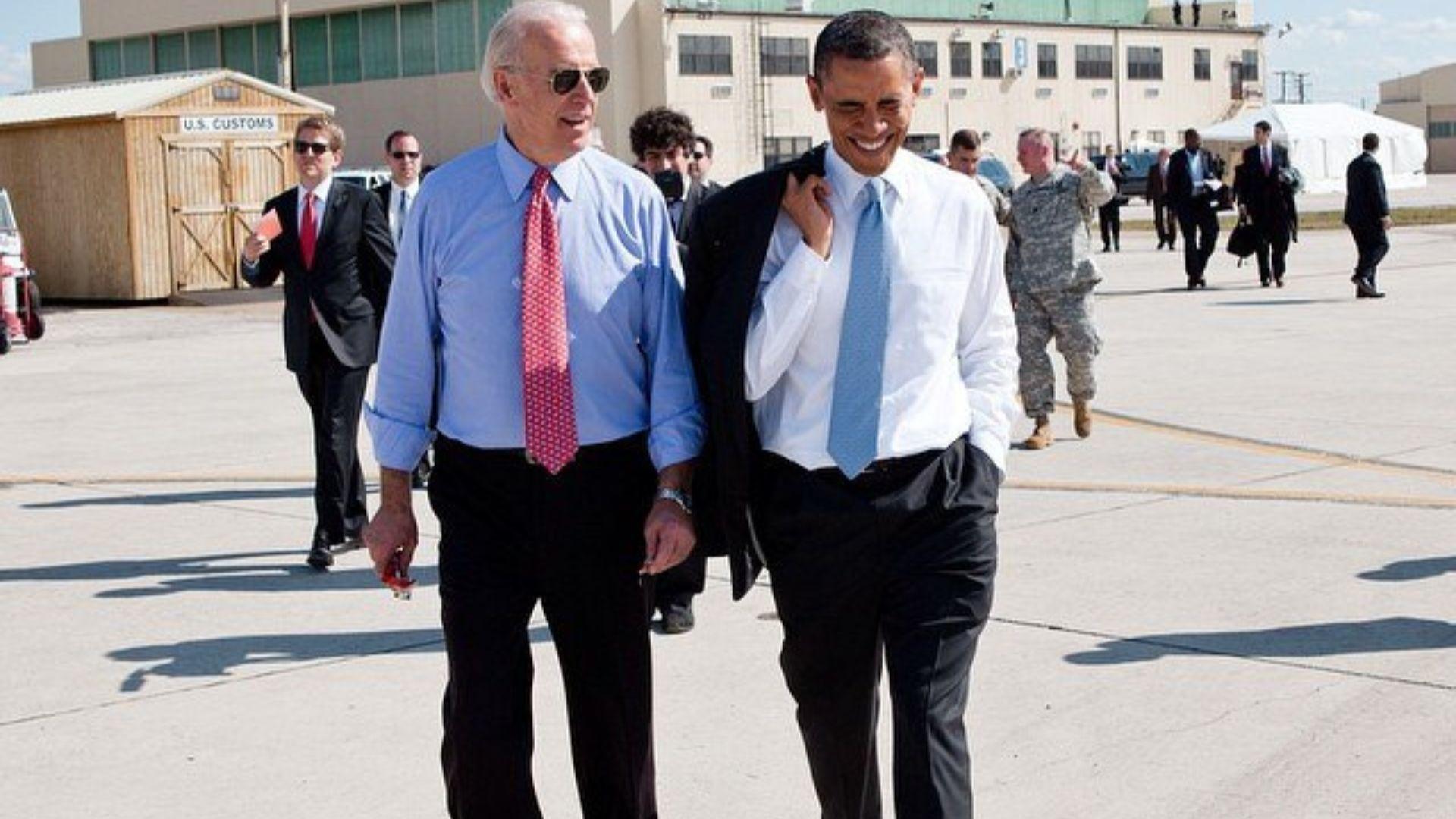
One thing important to remember in all of this is that a person’s age doesn’t always determine how fit they are for office.
Some people who are over 80 might be perfectly fit to hold office for the length of their term, whereas others might struggle, due to age-related factors. But only time will tell how North Dakota votes and whether this vote will affect the rest of the US political state.
